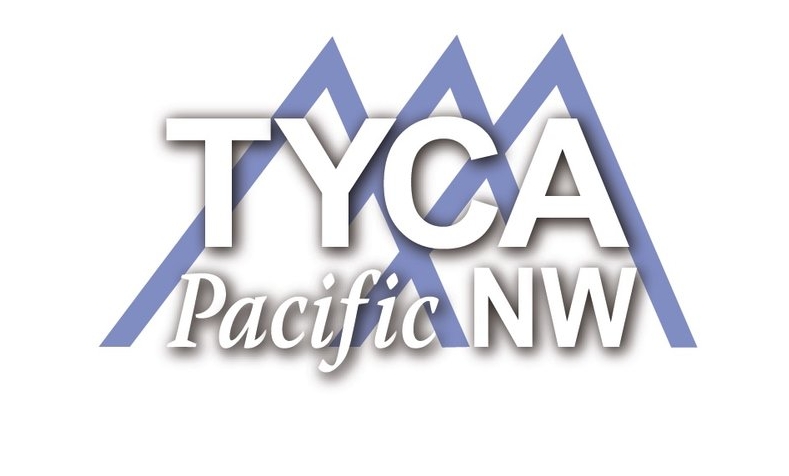TYCA-PNW FALL CONFERENCE
“Poco a Poco | Little by Little”
Date: October 17-18, 2025
Location: Columbia Basin College
2600 North 20th Ave, Pasco, WA 99301
Conference co-chairs Annalee Kodman (akodman@columbiabasin.edu) or Amy Wortley (awortley@columbiabasin.edu)
Call for Proposals
In a time when the challenges of teaching composition intersect with the demands of an increasingly polarized socio-political climate, it’s easy to feel overwhelmed and helpless. The pressure to cover all the bases—help students think critically about the news bombarding them, analyze every source, and compose thoughtful essays on complex issues—can feel like too much. We are each just single instructors with limited time and limited energy (be they AA or AAA batteries) to meet the course outcomes laid out in our syllabi. Overhauling our curriculum to keep up with the 24-hour news cycle probably isn’t realistic, but inaction also feels wrong. So what can we do?
In short: a little. But not "little" as in the meager bump of a cost-of-living raise—if you’re lucky enough to get one. Think of "little" instead as the dash of salt that transforms a dish. When it feels like we should be doing everything, let's resist the urge to either take on too much or lapse into inaction. Instead, let's try to embrace the power of small steps.
The theme of TYCA-PNW’s 2025 conference is poco a poco—Italian for “little by little.” This year, we invite you to share your small wins, small steps forward, and small moments of encouragement. Another term for these moments is “glimmers” as coined by licensed clinical social worker Deb Dana in her 2018 book The Polyvagal Theory in Therapy. Glimmers are the opposite of triggers. They are moments of joy when the nervous system is regulated or in a calm and connected state. We believe that these little glimmers are what sustain us and our students through challenging times.
TYCA-PNW welcomes proposals to celebrate your glimmers. Our goal is to create a space where the joys of teaching composition are celebrated, even amid the stresses of the profession. Together, we’ll explore how to uphold the values of equity, critical thinking, and open dialogue in our classrooms. By balancing positivity with purpose, we’ll reaffirm the vital role of composition in shaping a more thoughtful, just, and empathetic society.
Join us to discover how glimmers and small steps can create big change—poco a poco.
CC0 licensed photo by Nikifor Stoyanov from the WordPress Photo Directory.


